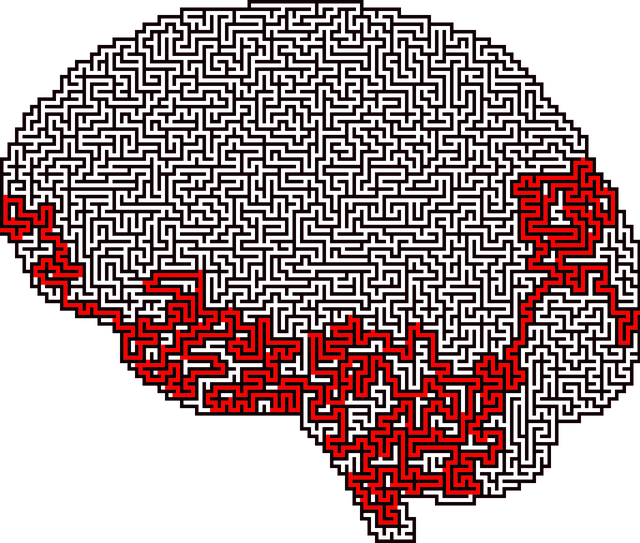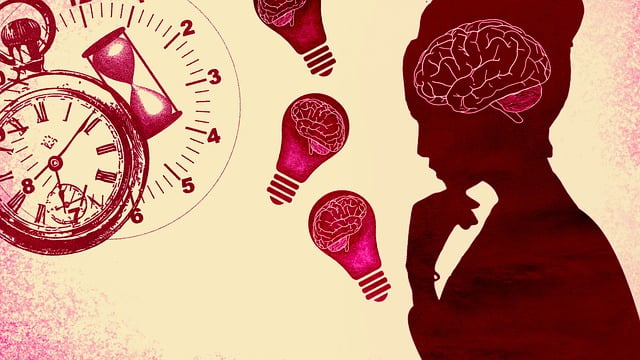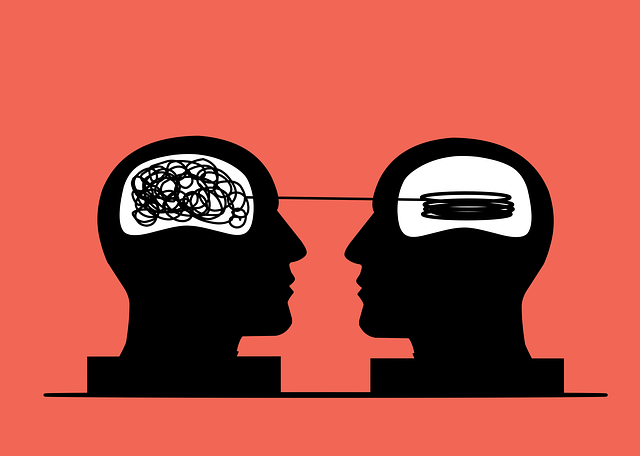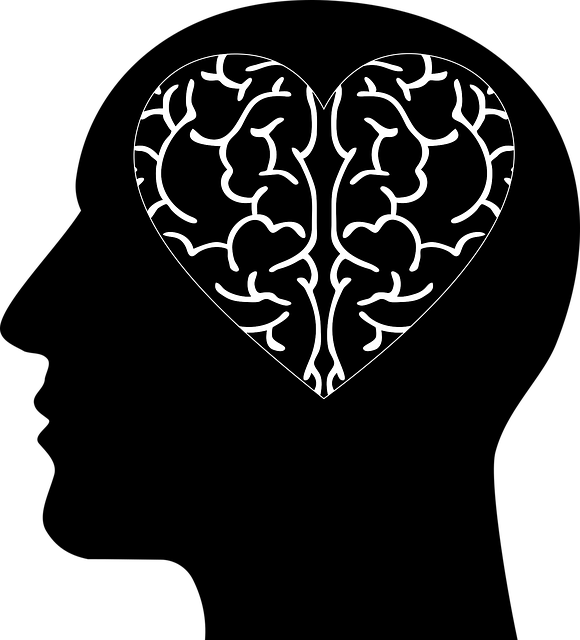Cultural competency training is essential for therapists working with young adults, empowering them to provide tailored, inclusive mental health services. By combining crisis intervention guidance, compassion cultivation, and adaptive counseling techniques, therapists foster trust and improve treatment outcomes. This approach enhances emotional well-being, equips young adults with effective parenting skills, and promotes better life satisfaction through mindfulness meditation. Parenting Skills Training, focusing on empathetic communication, active listening, and cultural sensitivity, prevents healthcare professional burnout while encouraging treatment adherence. Evaluating training success involves tracking improvements in patient care, therapist skills, and organizational culture using specific metrics, ensuring long-term effectiveness in therapy for young adults and their families.
“Cultural competency training is transforming healthcare, especially in the niche of young adult therapy. This article explores the profound impact of such training on patient care, focusing on why it’s vital and how it enhances therapeutic outcomes. We delve into specific strategies, including parenting skills training, that empower healthcare providers to build stronger relationships with diverse young adult clients. By examining evaluation methods, we uncover how to measure success and foster continuous improvement in cultural competency programs, ultimately enhancing the quality of care.”
- Understanding Cultural Competency in Healthcare: Why It Matters for Young Adult Therapy
- The Role of Parenting Skills Training in Cultural Competent Practice
- Strategies for Effective Communication and Relationship Building
- Measuring Success: Evaluation and Continuous Improvement in Cultural Competency Programs
Understanding Cultural Competency in Healthcare: Why It Matters for Young Adult Therapy

Cultural competency is a critical aspect of healthcare that involves understanding and appreciating diverse cultures, beliefs, and values within a community. In the context of therapy for young adults, this skill set takes on heightened importance. Young adults, often navigating life transitions and identity formation, may come from various cultural backgrounds, each with unique norms, traditions, and challenges. A therapist’s ability to recognize and respect these differences is pivotal in fostering trust and creating a safe space for open communication.
When therapists incorporate compassion cultivation practices and crisis intervention guidance tailored to the young adult’s cultural context, they can significantly improve treatment outcomes. By integrating these skills, therapists not only enhance their patients’ emotional well-being but also equip them with effective parenting skills to manage stress, anxiety relief, and potential crises. This approach ensures that therapy remains relevant and beneficial to each individual, promoting better mental health and overall life satisfaction.
The Role of Parenting Skills Training in Cultural Competent Practice

Parenting Skills Training plays a pivotal role in equipping healthcare providers with the cultural competency needed to effectively serve diverse young adult populations. By learning empathetic communication strategies and adaptive counseling techniques, therapists can create safer spaces that foster trust and understanding. This is particularly crucial when working with individuals from varied cultural backgrounds who may have unique family dynamics and parenting styles. Incorporating mindfulness meditation and other stress-reduction techniques within these sessions further enhances cultural competency by promoting providers’ self-awareness and emotional regulation, enabling them to respond sensitively to clients’ needs.
Such training goes beyond mere knowledge acquisition; it empowers therapists to implement evidence-based practices tailored to diverse youth and their families. By integrating mental health policy analysis and advocacy into their practice, healthcare providers can also address systemic barriers that impact access to care for marginalized communities. Ultimately, these comprehensive approaches not only enhance therapy outcomes for young adults but also contribute to building stronger, more inclusive communities through culturally competent mental health services.
Strategies for Effective Communication and Relationship Building

Effective communication is a cornerstone of successful healthcare delivery, especially when interacting with young adults who may face unique challenges related to their mental health and identity formation. Training should equip providers with strategies to actively listen, ensuring patients feel heard and understood. This involves creating a safe, non-judgmental space where individuals can openly discuss their experiences, fears, and aspirations.
Relationship building is another vital aspect. Healthcare providers must learn to establish rapport, demonstrating empathy and cultural sensitivity. By fostering strong connections, providers can encourage treatment adherence and improve overall patient outcomes. These communication strategies are essential tools in the fight against burnout prevention for healthcare professionals, ensuring they maintain resilience while supporting their young adult patients’ therapy and parenting skills development.
Measuring Success: Evaluation and Continuous Improvement in Cultural Competency Programs

Evaluating the success of cultural competency training is a vital component of ensuring its long-term impact and effectiveness in healthcare settings. Measuring success goes beyond simple satisfaction surveys; it involves a comprehensive approach to gauge improvements in patient care, therapist skills, and organizational culture. One effective method is through regular feedback mechanisms, where both trainees and practicing therapists provide insights on the program’s relevance and applicability in their daily work. This data can highlight areas of strength and weakness, guiding future curriculum enhancements.
Additionally, tracking specific outcomes related to mental illness stigma reduction efforts, emotional intelligence development, and mental wellness coaching programs can offer quantifiable success metrics. By comparing patient demographics and therapeutic outcomes before and after the training, researchers can determine if cultural competency initiatives are indeed fostering more inclusive practices and improved mental health support for diverse populations, particularly young adults and their families seeking therapy for parenting skills.
Cultural competency training is a game-changer in healthcare, especially when tailored to meet the unique needs of young adults. By equipping therapists with the skills to navigate diverse cultural landscapes and parenting styles, we empower them to provide more effective therapy. Integrating these strategies ensures that young adults from various backgrounds feel understood and supported, fostering stronger therapeutic relationships. Through continuous evaluation and improvement, healthcare providers can enhance their cultural competency, ultimately enhancing patient outcomes and creating a more inclusive care environment. This holistic approach, combining communication skills, relationship building, and parenting training, is key to successful cultural competent practice in the realm of therapy for young adults.














